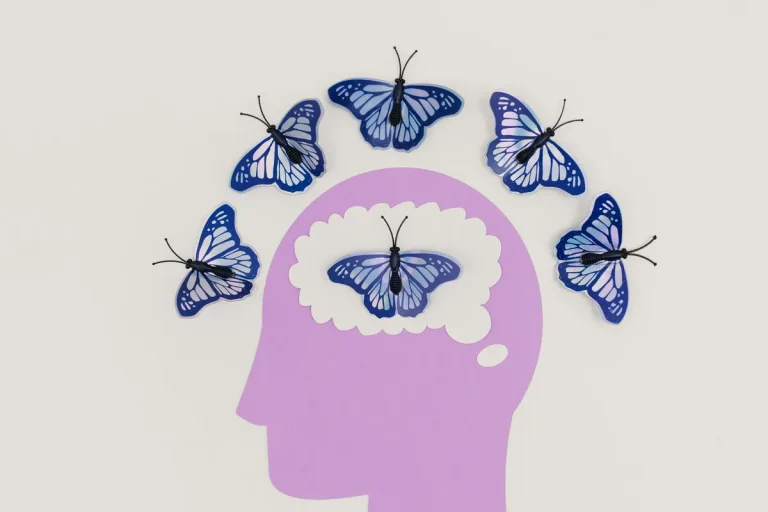Emotional resilience is your ability to adapt to stress, setbacks, and change without becoming overwhelmed. It doesn’t mean avoiding hard emotions — it means learning to move through them with awareness and strength.
- Built through self-awareness, healthy coping strategies, and supportive relationships
- Strengthened by practices like journaling, therapy, mindfulness, and self-compassion
- Helps you bounce back from challenges and stay grounded during uncertainty
Resilience is like a muscle — the more you train it, the stronger it becomes.








